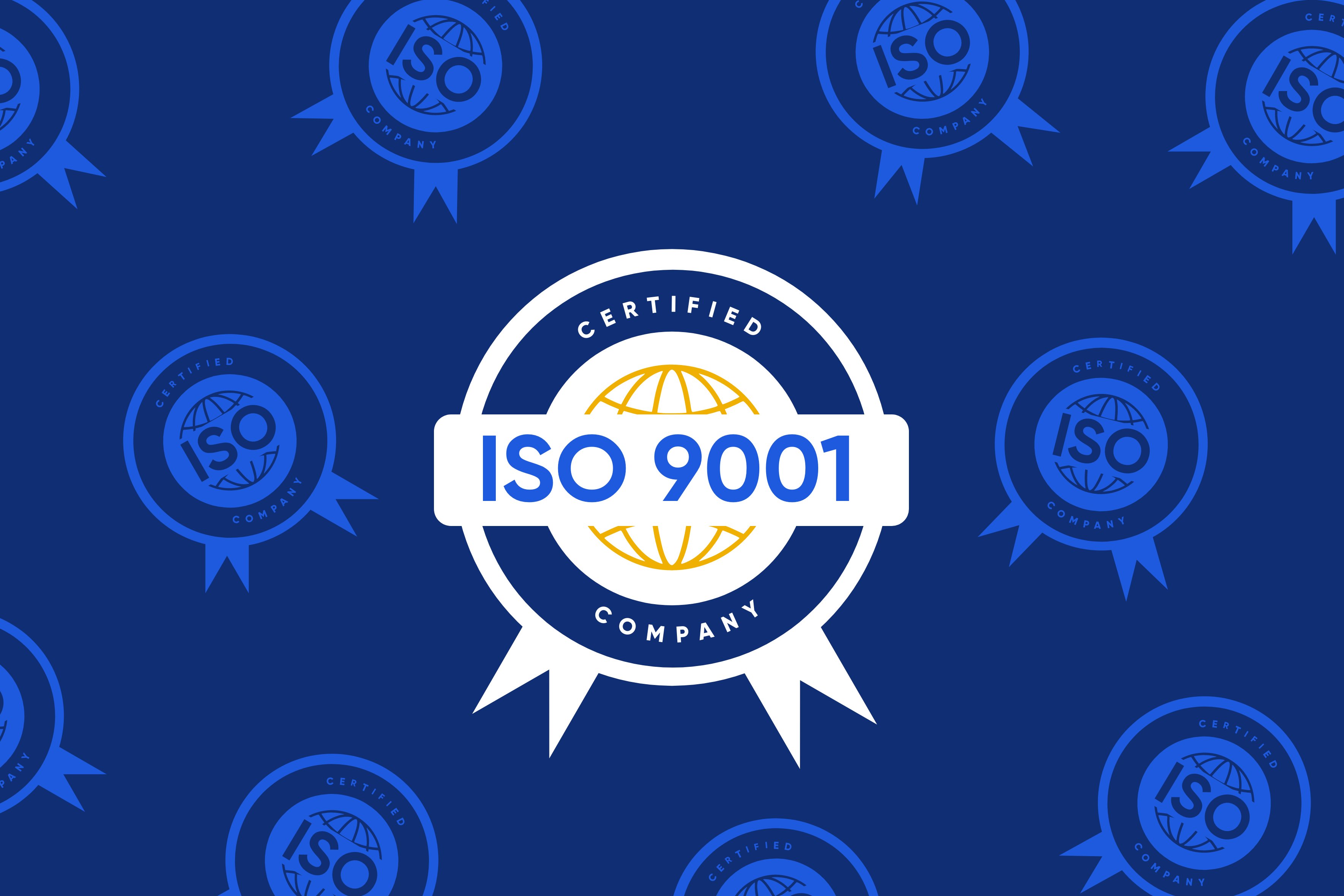Studio
our blog
A client proposal due diligence checklist

We're lucky enough to have a tonne of great clients working with us here at the Studio. Every week, we get fresh new deliverables through that we're excited to get to work on. The reality is, though, that some clients are better are issuing product proposals than others. If you're working either for or with a digital delivery partner, it's essential to know exactly what information is required by the development team to get the very best out of your project.
That's why this week, we've put together this short checklist of items that you should make sure you've added to your product proposal. If you didn't get these key items in, you might find yourself with unanswered questions further down the line. This could cost you time and money, or even scupper your project for good.
Without further ado, let's dive straight into our proposal due diligence checklist:
Who's doing what?
Make sure you've thought carefully about individual client and partner responsibilities before you hand over your proposal. This is one of the biggest issues we find that slows down projects.
What are the timelines?
Everybody needs to be clear on delivery deadlines. It's essential you set expectations on turnarounds from the word go.
How many amendment rounds?
This is where countless projects come unstuck. Make sure you understand how the amendment process is going to work and when you might need to start talking about charges for amends.
How will the design process work?
Every agency is used to coming in at different stages of the build process. Some will design the product for you, whilst others might be development focussed. Talk about who's responsible for design right away.
Will there be ongoing support?
Bugs sometimes take several months to finally show themselves. Make sure you know who's responsible for fixing them a good deal in advance.
Who's going to test it?
Quality assurance testing and user acceptance testing are crucial phases of your product development. Make sure you know who's responsible for these tasks.
Will you need documentation?
Think carefully about help manuals, privacy policies and user agreements. You need to know who's going to write them and where they'll be implemented.
Will it have customer support? And, if so, who's going to provide it?
This is a crucial product issue that's often overlooked by entrepreneurs. Make sure you know who's going to be helping your customers with the technical side.
What's the hosting situation?
You might already have a solid idea of how you're product will be hosted. However, a lot of clients simply haven't got around to thinking about this yet. Make sure you think about IP addresses when you're thinking about hosting options.
Will it work across browsers?
The more complex your product is, the less likely it is to run easily on all possible browsers. Talk to your team about which ones are most important to target.
Will it work on different devices?
This isn't just limited to desktops and phones, but also different operating systems like Linux and MacOS. Be certain that you know where you need it to run.
Next time you write or receive a product proposal, make sure you run through these eleven points and confirm everything with your team. Get them sorted out in advance and you'll be well on your way to a fantastic product on time and under budget.




.png)
.png)
